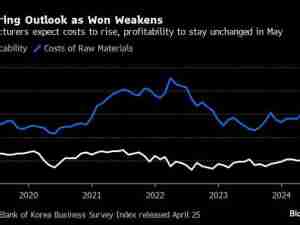South Africa keeps US duty-free access after trade dispute
By: Rene Vollgraaff | Mar 15 2016 at 02:07 AM | International Trade
South Africa will retain preferential access for its farming goods to the world’s biggest market after meeting benchmarks set by President Barack Obama to allow the import and sale of U.S. meat products.
“I have determined that suspending the application of duty-free treatment to certain goods is no longer necessary to promote compliance by South Africa with such requirements,” Obama said on Monday in a proclamation.
Obama said in January the U.S. would suspend South Africa’s preferential access for agricultural products under the African Growth and Opportunity Act if it failed to implement an agreement with the U.S. on meat trade. The deal included that U.S. bone-in chicken pieces can be sold in South Africa without anti-dumping duties.
South Africa has been under pressure to open its market to American meat in order to retain benefits under AGOA, as the act is known, which favors 39 African nations by eliminating import levies on more than 7,000 products ranging from textiles to manufactured items. The government published regulations in December allowing for an annual quota of 65,000 metric tons of poultry from the U.S. The first shipment arrived at the port of Durban on Feb. 19, the USA Poultry & Egg Export Council said Feb. 29.
“South Africa has met the benchmarks that we’ve set forth and they’ve taken the needed steps to make American poultry, pork and beef available to consumers in South Africa,” U.S. Trade Representative Michael Froman told reporters on a conference call on March 2. “The removal of these barriers could mean an additional $160 million of exports from the U.S. each year.”
To remain beneficiaries of AGOA, countries are required to cut barriers to U.S. trade and investment, operate a market-based economy, protect workers’ rights and implement economic policies to reduce poverty.
Shipments of farming goods worth $154 million made up about 14 percent of South African exports to the U.S. under AGOA in the first nine months of 2015, according to data from the Trade Law Centre, based in Stellenbosch, near Cape Town. The nation is the largest non-oil-exporting beneficiary under AGOA and the bulk of its shipments under the accord are vehicles and car parts.
Losing AGOA access would have hurt the nation’s citrus, nut and wine industries, associations for the products said in January.










